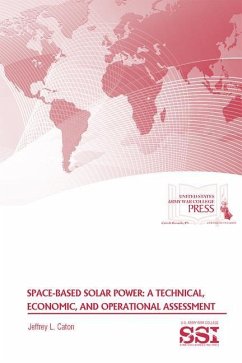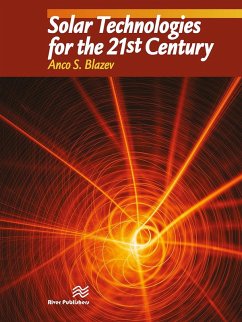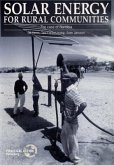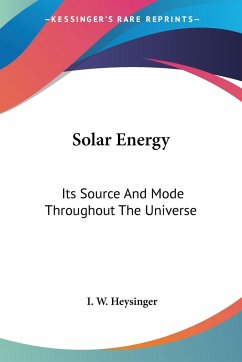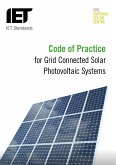With growing international awareness of energy security challenges, the promise of space-based solar power for clean and unlimited energy for all humankind is certainly appealing. While significant progress continues in the enabling technologies of such systems, is there compelling evidence that space-based solar power systems will provide the best energy solution? How does the Army's current approach to incorporating a diverse portfolio of renewable energy sources in distributed locations compare to the potential of enterprise ventures that beam energy from solar collectors in space? For over 4 decades, many credible organizations in government and industry have explored the concept of space-based solar power, but their serious studies often conclude that such systems remain on the future horizon, usually at least 10 years away from practical application. While space-based solar power systems may be technically feasible, the author believes there is no compelling evidence that such systems will be economically or operationally competitive with terrestrial power generation systems in use or in development. However, he does find that there may be some utility in the limited application of space-based solar power to enable operations in remote and forward operating locations.This monograph has three main sections - 1) Technical Assessment introduces the basic concept of space-based solar power(SBSP). Plus, this section summarizes the evolution of the concept's development and examines the critical technologies required for the successful development of the space, ground, and support elements of this system.2) Economic Assessment examines SBSP systems as well as current international efforts in this field. 3) Operational Assessment explores the strategic consideration for SBSP system within the general context of national space operations. This work focuses on the Army's renewable energy plans and case study projects through 2025 by using solar, wind, biomass, and geothermal energy generation technologies to determine their efficiency, economic effectiveness, and technical development feasibility. Audience: Renewable energy developers and suppliers as well as American citizens interested in research of the Army's research projects on renewable energy would benefit from this resource. Policymakers, analysts, and military leaders may be interested in this work as the implementation may have an impact on the Federal budget. Related products: Revolutionary Atmosphere: The Story of the Altitude Wind Tunnel and the Space Power Chambers can be found at this link: https: //bookstore.gpo.gov/products/sku/033-000-01342-6?ctid=550 Computers Take Flight: A History Of NASA's Pioneering Digital Fly-by-wire Project can be found at this link: https: //bookstore.gpo.gov/products/sku/033-000-01220-9?ctid=550 Annual Energy Outlook 2010 With Projections to 2035 can be found at this link: https: //bookstore.gpo.gov/products/sku/061-003-01154-3 Annual Energy Outlook 2016 with Projections to 2040 is available here: https: //bookstore.gpo.gov/products/sku/061-003-01168-3 International Energy Outlook, With Projections to 2040 is available here: https: //bookstore.gpo.gov/products/sku/061-003-01167-5
Bitte wählen Sie Ihr Anliegen aus.
Rechnungen
Retourenschein anfordern
Bestellstatus
Storno

